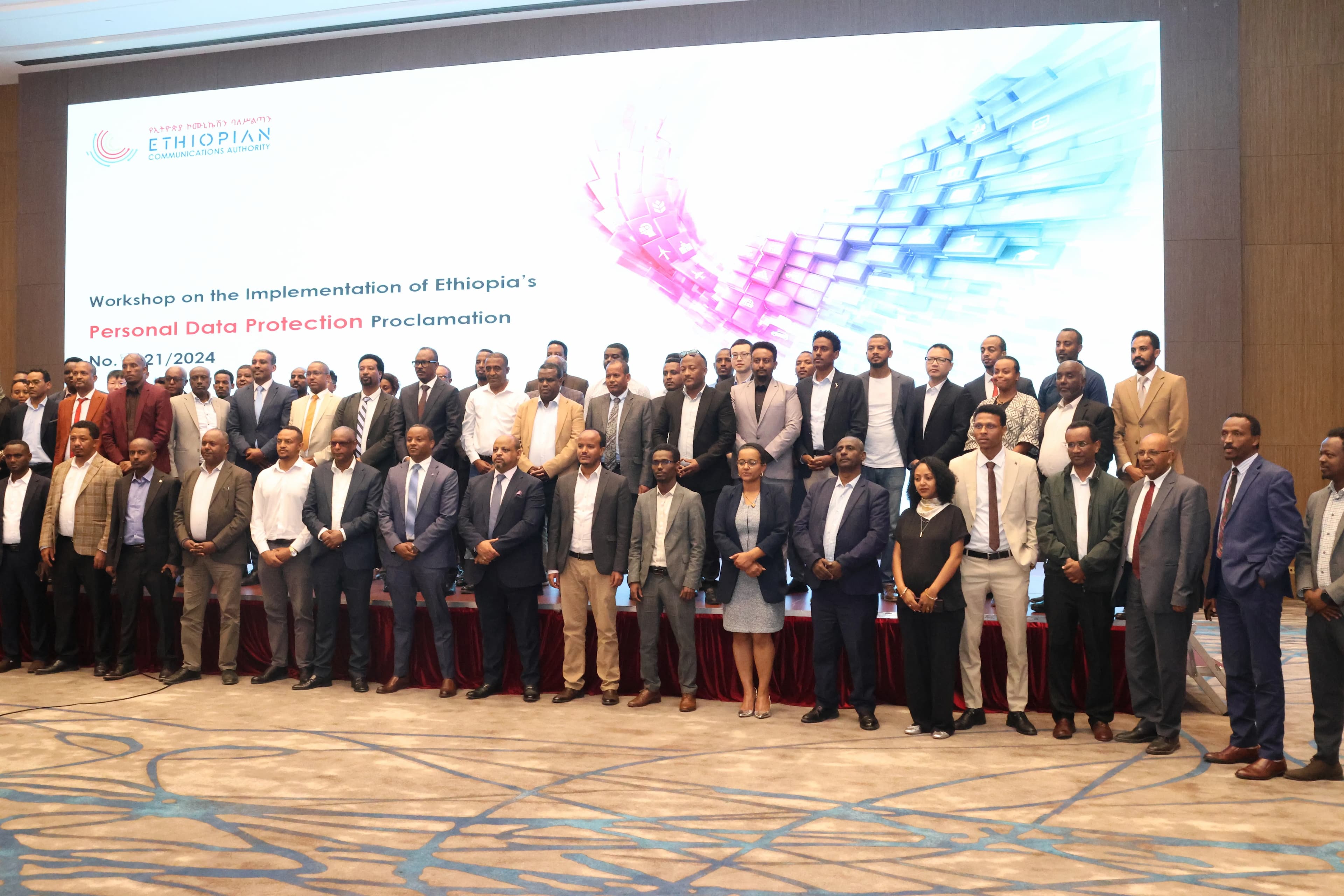Officially referred to as “Licensing and Authorization of Payment system Operators Directive (ONPS/02/2020), this effectively brings new opportunities for new players in the market to start offering Payment Switch, ATM Operators, POS Operators, and Online payment gateway operators’ services.
This follows the recent wave of regulatory reforms that are being rolled out by the national bank that gives recognition to fintech as financial institutions and allows them to provide digital financial services directly to consumers.
Up to now the payment system operators business was undertaken by banks who needed to build their own network of merchants using point of sales (POS) devices for processing retail payment and ATM’s for cash withdrawals.
As of July 2020, there are 10,000 POS devices and 5,059 ATM machines, and a little over 15 million debit cards in the country. While the banks have made significant efforts to introduce this digital channels to their customers for the last 15 years,they are yet to make a significant impact in the market and unable to get a return on their investment considering the cost of 13,000 Birr ($400) per POS and 360,000 Birr ($ 10,000) per ATM and operational costs.
The high cost of doing business and in-ability of the banks to develop an income generating business model for the digital channels has hampered the immense potential of POS, Aggregators, and ATMs to drive digital payments.
With the introduction of this new directive, the national banks looks to be betting on specialized payment operators to take the digital channels business to the next level by widening the space for new players ready to make the required investment and innovation that seems to be missing in the market at this moment.
Similar to the Payment Instrument Issuers directive that came out a few months earlier, fintech companies would still be required to be established and operate as per the somewhat strict supervision of the national bank of Ethiopia which includes close scrutiny of the governance structure, operations, and compliance requirements.
On the other hand, the payment system operator directive tends to be more flexible when it comes to the capital requirements to get a license. Notably, it also opens a space for foreign-owned companies in the payment gateway area.
It’s however ever important to note the payment system operator directive is a different directive from the Payment Instrument Issuer directive which regulates digital Financial Service providers like Mobile Money and Digital wallets.
Read Our Analysis On Payment Instrument Issuer Directive
Type of Licenses – Payment System Operator
The payment system operator directive covers 5 categories of licenses of which a company can choose to apply for one or multiple licenses as per its need while the regulation prohibits a payment system operator from engaging in other business activities including payment instrument issuer business ( Mobile money and the likes).
1. National Switch operator
This license allows processing interbank debit-credit transfers and cheque payments at a national level and offers interconnectivity, interoperability, and clearing amongst all payment service providers in the country.
This license is exclusively reserved for Ethio Switch which has been active since 2011. It is a share company owned by all banks operating in Ethiopia and the National Bank of Ethiopia.
2. Switch Operator
A switch operator is a company that serves two or more financial institutions for interbank interoperability and shared facilities and services. Such Switch operators are still required to be connected with the national switch for the purpose of routing, clearing, and settlement of inter-institutional payments.
A typical example would be Premier switch solutions (PSS) S.C which is established and offers switching services to 6 banks.
3. Automated Teller Machine (ATM) Operator
An automated Telle Machine ( ATM) operator can establish a private network of ATM machines that can be used by financial institutions as payment networks to enable cash withdrawals.
While operating ATM’s was previously undertaken by banks only, the new license allows non- banks to establish themselves as an operator and deploy their own set of ATM machines and generate income through an arrangement with banks.
4. Point of Sale Machine (POS) Operator
Point of Sale Machine ( POS ) operator can offer a private network of point of sale machines including mobile-based POS that can be used by merchants to accept payments for goods and services using digital payment channels.
With this license, a service provider can process local or international card payment at merchant locations using its POS devices. Similar to the ATM operator, non-bank entities can enter into this business by deploying their own set of devices and merchant networks and generating revenue from transactions.
5. Payment Gateway Operator
This license allows non-banks to be registered as a payment gateway operator and be able to process online payments for an e-commerce platform, applications, and merchant websites that need to accept payment online. The regulation also permits such businesses to start offering stored value accounts and aggregation services upon additional authorizations from the regulator.
Exceptional to this category, foreign-owned payment gateway operators are allowed to offer online payment processing services by partnering with a local financial institution. This would allow global giants such as MasterCard, PayPal, AliPay, and others to enter the local market.
How to get started?
Following the issuance of the directive, there has been a lot of excitement in the sector with many startups and entrepreneurs as well as well established businesses abroad preparing themselves to enter the payments ecosystem.
Here is a summary of the major tasks to fulfill for startups that are considering entering into the digital payments space as a payment system operator.

Main Process to Follow To Start Payment System Operating Bussiness
The first step for a startup would be to establish a company as per the requirements set forth in the regulation, including raising funds, getting a business registration license, and building a team.
Some of these requirements include minimum paid-up capital, documents that NBE uses to determine the applicant’s ability to run the payment operator business, detail, and documents that detail the system you will use.
The minimum capital needed for Switch Operator is 40 M ETB while for Automated Teller Machine (ATM), Operator Point of Sale Machine (POS) Operator, and Payment gateway operator the minimum capital needed is 20 M , 10 M, and 3 M ETB respectively.
After the first step, building the product to be used for the delivery of services which mainly requires a technology platform that fits with the business, operational, and legal compliance requirements will be the next step. The required technology could easily be acquired from third-party software vendors or startups can build their solution in house.
Once the basic elements of the company formation and product are in place, the next step would be to start working on preparing application documents and other requirements stipulated in the directive. Once an application is submitted, the national bank may request a preliminary meeting and demonstration of the product before granting a license to the operator to conduct either a pilot rollout or full commercial launch of the product.
After you complete the above activities and receive the license, you should be up and ready to launch your product in the high growth potential financial technology sector in Ethiopia.
Tewodros is a Consultant specializing in Digital Financial Services, Fintech, Payments, and Tech-enabled services. He can be reached via email on teddytassew@gmail.com
Main Picture Credit – due.com











